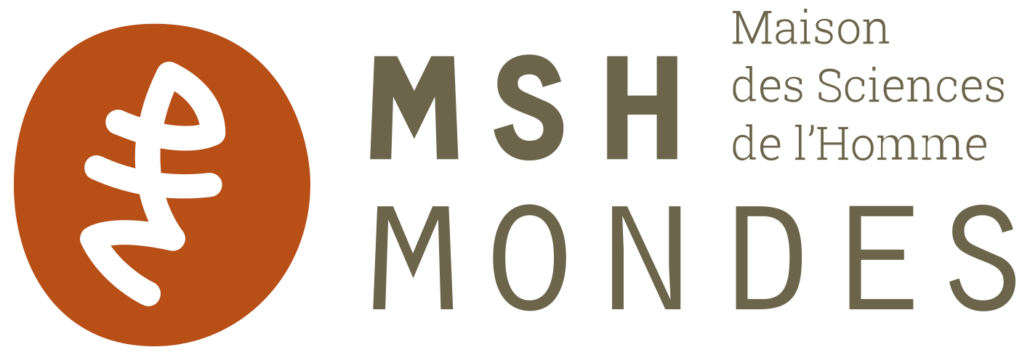| Current library | Call number | Status | Date due | Barcode |
|---|---|---|---|---|
| Besançon : ISTA - Institut des Sciences et Techniques de l'Antiquité Libre accès | Cr-B 1992-P (Browse shelf(Opens below)) | Available |
Notes bibliogr.
This article shows how two basic meanings of psukhē – namely ‘breath’ and ‘life’– may have helped Platonising or for that matter Stoicising doxographers to lend to various pre-Platonic philosophers the view that the world is ‘ensouled’. I do not try to systematically reconstruct how these cosmo-philosophers conceived the relationship between the world and what was to become ‘the soul’. I do suggest, however, that framing the problem in terms of ‘breath’ and ‘life’ helps us in getting a more adequate understanding both of the authentic evidence and of the history of its reception. Indeed, to the extent that it is possible, I try to reconstruct the interpretive steps that led, with various degrees of legitimacy, from the original wording to its Platonising or Stoicising deformations, which remain all too often the framework of analysis in modern interpretations. Five case studies are considered: Thales, Anaximenes, Heraclitus, some Pythagoreans and Alcmeon.








There are no comments on this title.